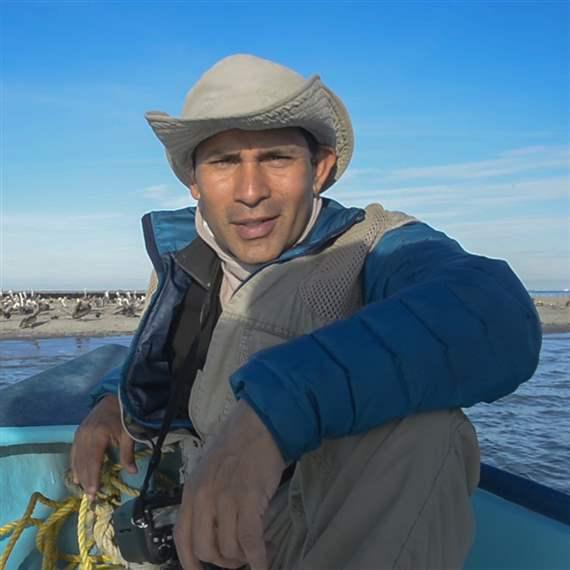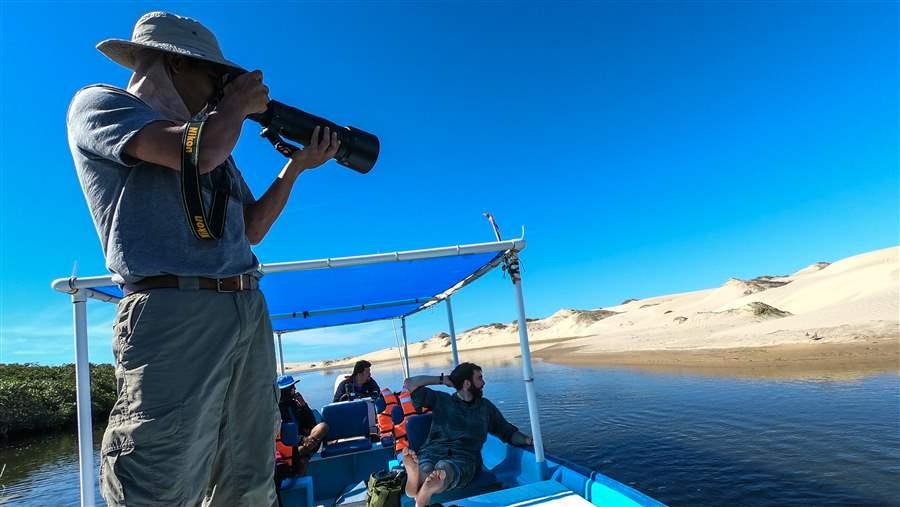Octavio Aburto-Oropeza, Ph.D.

- Title
- Assistant Professor
- Institution
- University of California at San Diego, Scripps Institution of Oceanography
- Country
- USA
- [email protected]
- Award year
- 2018
Research

Octavio Aburto-Oropeza will use photography and high-resolution satellite imagery to assess real-time changes in the productivity and distribution of mangrove ecosystems.
Octavio Aburto-OropezaGlobal mangrove monitoring initiative: A toolkit for estimating mangrove cover in real time
Octavio Aburto-Oropeza plans to create a system to track the distribution, health, and value of mangrove forests across the globe to better inform conservation efforts. These forests provide essential habitat, coastal protection, water filtration, and carbon sequestration—valuable ecosystem services that provide economic benefits to the public.
Yet over the past three decades, an estimated 35 percent of global mangrove coverage has been lost, reducing coastal resilience and eliminating critical habitat for marine life, including juvenile stages of commercially valuable fish and shrimp species.
Starting in the Gulf of California, Aburto-Oropeza will use a fleet of small Earth-imaging satellites to assess mangrove ecosystems on a near-daily basis and combine those data with drone footage and field surveys for verification. He plans to create a method for analyzing the collected information that can provide real-time tracking of changes in mangrove distributions and identify major causes of deforestation.
To ensure that resource managers and decision-makers understand the full impacts of any changes in mangrove coverage, Aburto-Oropeza will translate the distribution data into reduced or lost ecosystem services and related economic losses.
To learn more about Octavio Aburto-Oropeza, read his bio.